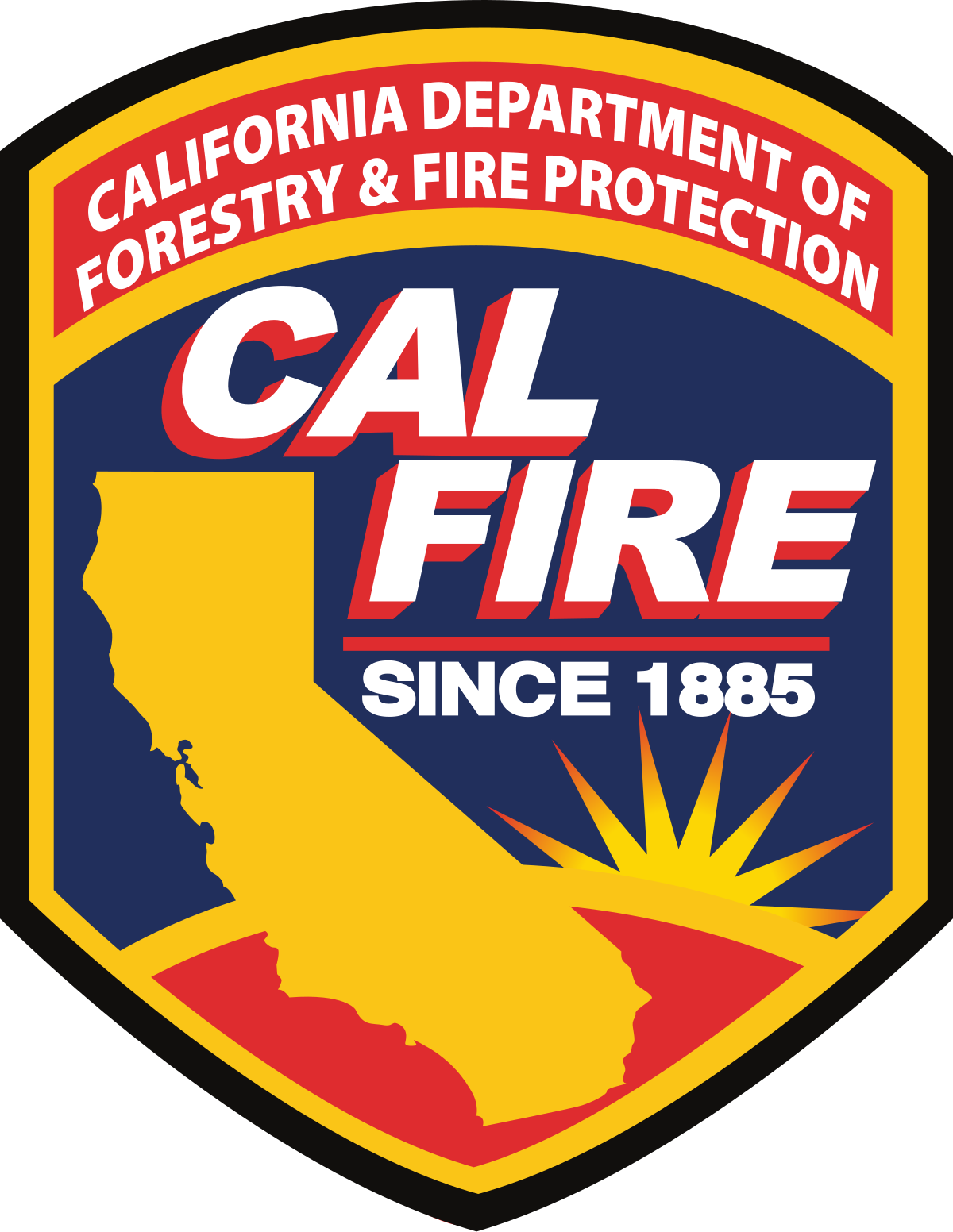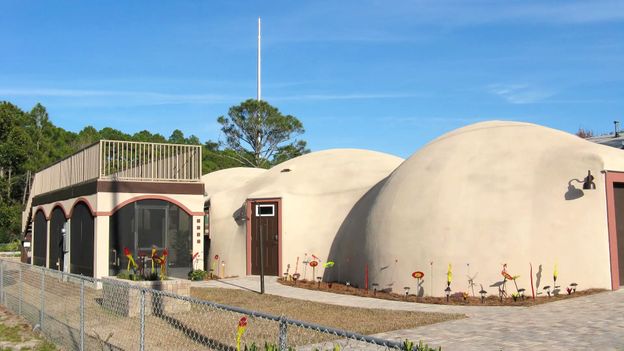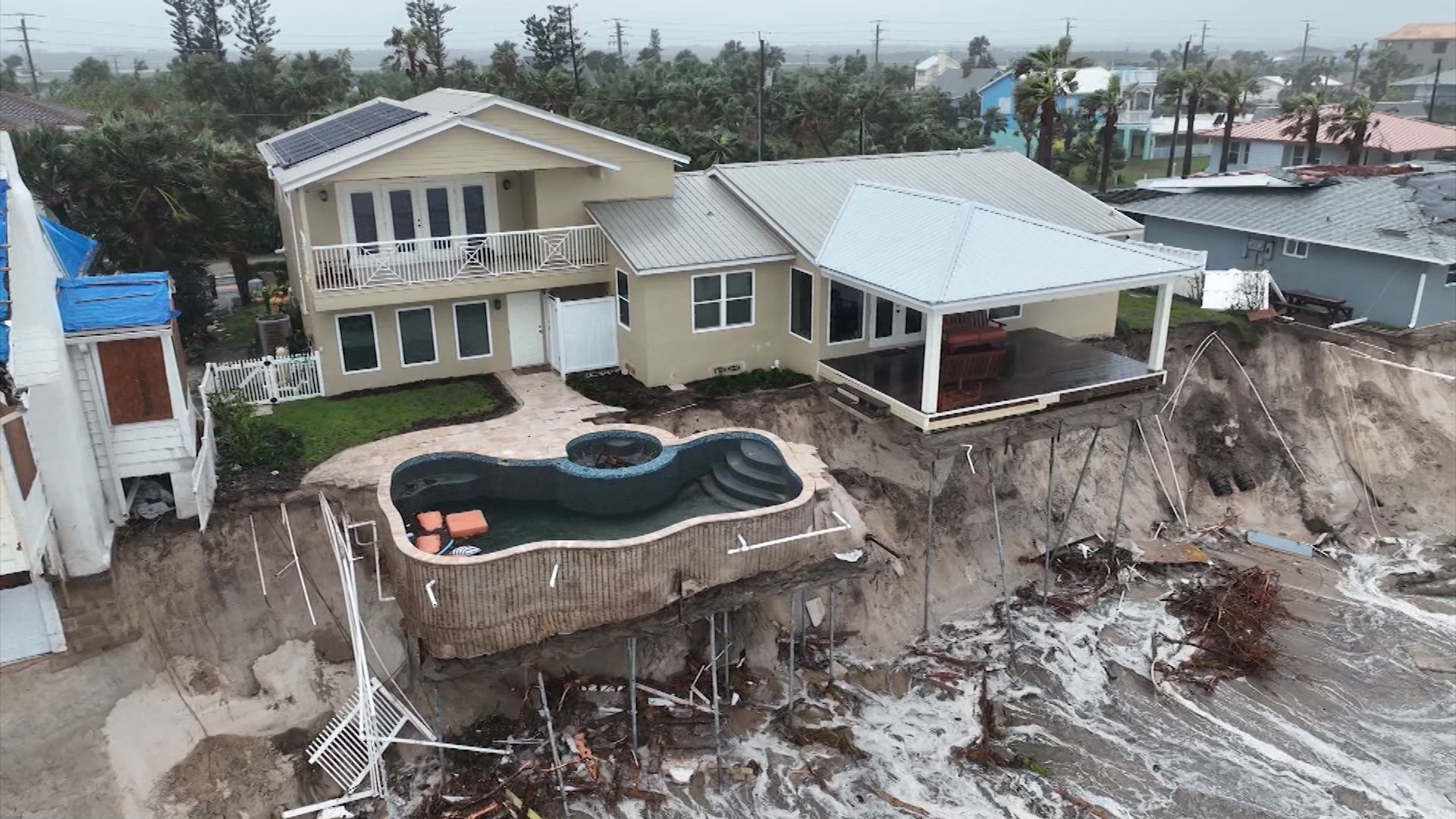Admiral Beez
Superstar
I must admit that I thought Canada already had a national fire service. I expect our neighbours were equally surprised.

 www.nytimes.com
www.nytimes.com

Canada Wildfires Renew Calls for a National Fire Service (Published 2023)
Prime Minister Trudeau said he spoke to President Biden by phone to offer thanks for the American firefighters on the scene.









